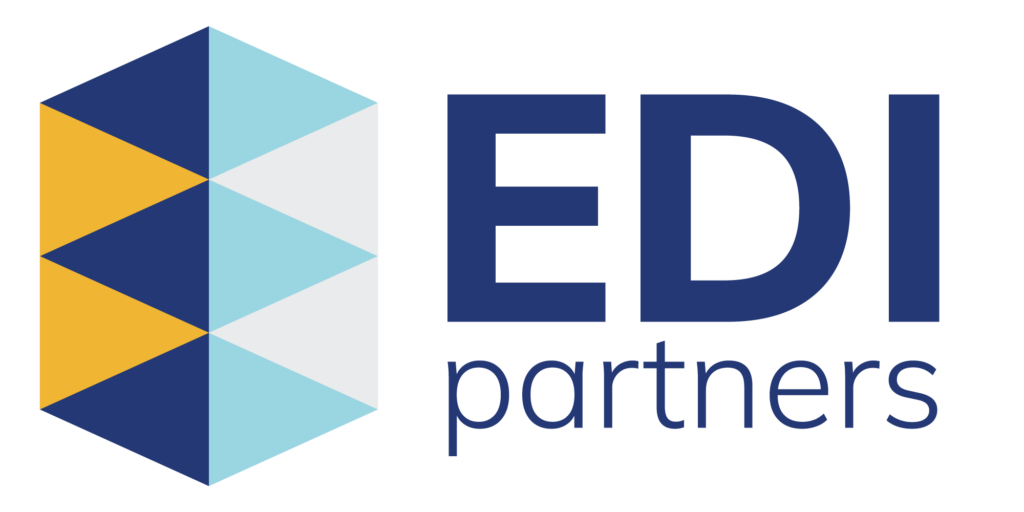Electronic Data Interchange (EDI) is the cornerstone of modern business communication, facilitating seamless transactions and operational efficiency. Let’s delve deeper into the key EDI documents your business needs.
Key EDI Documents
Purchase Orders (850):
Purchase orders serve as the roadmap for transactions, detailing a buyer’s requirements for goods or services. Within the 850 document, crucial information such as item descriptions, quantities, prices, and delivery schedules are outlined. By automating the exchange of purchase orders, businesses can expedite procurement processes, mitigate errors, and optimize inventory management.
Invoices (810):
Invoices signify the culmination of a transaction, representing the seller’s request for payment following the delivery of goods or services. Comprehensive in nature, the 810 document includes itemized lists, pricing details, taxes, and payment terms. Automating invoicing not only accelerates cash flow but also minimizes billing discrepancies, fostering improved financial management and customer relationships.
Advanced Shipping Notices (856):
Advanced Shipping Notices (ASNs) provide critical insights into the logistics chain, offering detailed information about incoming shipments. From tracking numbers to item descriptions, quantities, packaging details, and anticipated delivery times, ASNs facilitate real-time visibility and enhance inventory management. Automation of ASNs streamlines processes, minimizes delays, and improves overall supply chain responsiveness.
Purchase Order Change (860):
Purchase Order Changes (860s) play a pivotal role in adapting to evolving transactional needs. These documents enable seamless communication regarding modifications to existing purchase orders, including adjustments in quantities, delivery dates, item specifications, or cancellations. Automation of 860s ensures timely updates, reduces order discrepancies, and enhances order fulfillment accuracy.
Purchase Order Acknowledgment (855):
Purchase Order Acknowledgments (855s) serve as the handshake between trading partners, confirming the receipt and acceptance of purchase orders. These documents indicate whether the seller acknowledges the order, proposes modifications, or rejects it. Therefore, automating the exchange of 855s, businesses can enhance order visibility, streamline communication, and minimize misunderstandings or delays.
Integrating and automating these core EDI documents, businesses can transform their operations, bolster collaboration with trading partners, and gain a competitive edge in the marketplace. EDI technology empowers organizations to elevate efficiency, accuracy, and agility across their supply chains, driving sustainable growth and success.
- The Crucial Role of EDI Managed Services in Retail - May 22, 2024
- 5 Key EDI Documents for Integration and Automation - May 20, 2024
- The EDI 860 Document Explained - May 17, 2024

